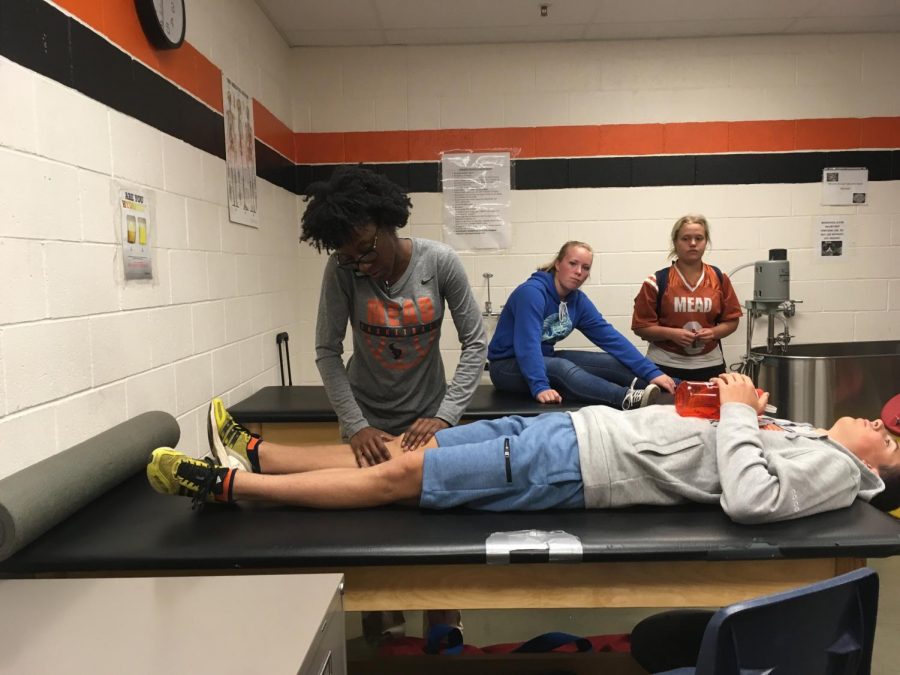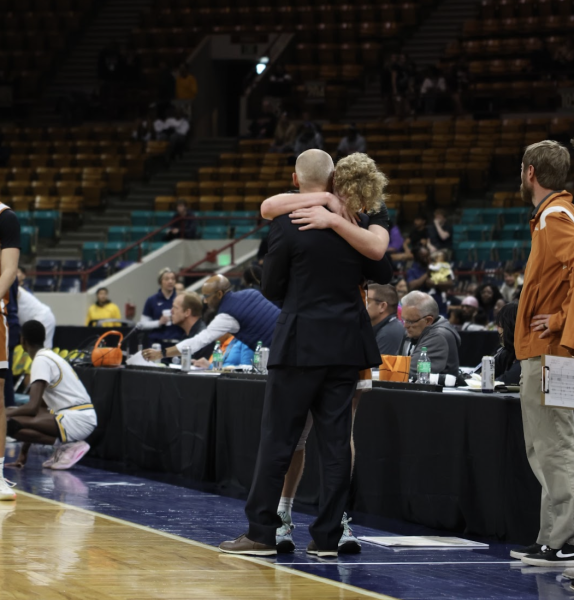3 Things you might not have known about concussions
Even though most people realize the severity of concussions, most people don’t know the potential damage they can cause even after they are gone.
A student undergoes a physical evaluation.
October 4, 2018
Even though most people think they understand the damage a concussion can have on the brain, most people don’t understand how concussions affect people over the course of their life.
There are typically 1.6-3.8 million concussions a year.
An estimated 1.6-3.8 million sports- and recreation-related concussions occur in the United States each year. During 2001-2005, children and youth ages 5-18 years accounted for 2.4 million sports-related emergency department visits annually, of which 6% (135,000) involved a concussion. Concussions can happen with any kind of heavy or hard hit to the head. For some people, it is very easy to get a concussions, for others, it might only happen with a harder hit.
If it happens once, it will happen again.
Those who have gotten a concussion before are more susceptible to getting another. Just because you get a concussion doesn’t automatically mean you’re guaranteed to get another, but it is very likely your brain could get the same form of trauma again. Most people who have concussions recover fully within a couple weeks, but depending on the severity of the concussion, some people have permanent brain damage.
25% of concussions don’t get medical attention.
At least 25% of concussion sufferers fail to get assessed by medical personnel. Most people never even know that they have a concussion. Because mild concussions have little or no symptoms, people may not know they have a concussion. Others don’t have the money or resources to go to the doctor. For most individuals in this situation, their brain will recover on its own.












